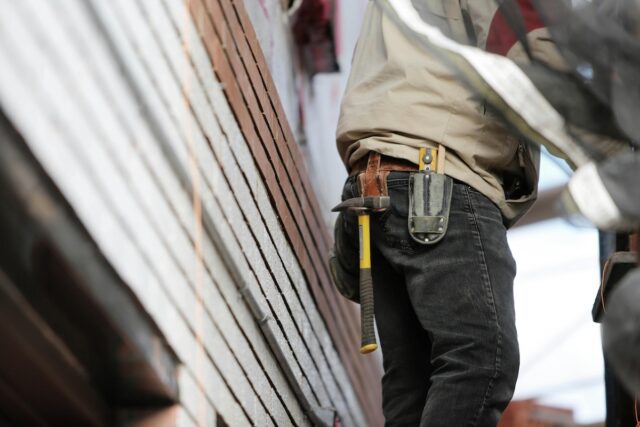Before taking on a new job, contractors should always consider having a surety bond in place. These bonds protect both the contractor and the client who hired them, helping ensure that the project gets done. Yes, you may be able to operate without a surety bond, but that largely depends on the state in which you work and the regulations that they have in place. With that said, many homeowners prefer to avoid working with contractors who lack these “safety nets” because the bonds provide them with a certain peace of mind.
So, how does a surety bond work? Here’s what you need to know.
What is a Surety Bond?
A surety bond is a little like an insurance policy in that it provides monetary protection in case a job doesn’t get done. However, these bonds work quite differently. Here’s a quick breakdown of the process:
- The homeowner chooses a contractor for remodeling or repairs.
- The homeowner and the contractor sign a contract that includes the scope of the project, estimated completion date, and general idea of costs.
- The contractor gets a surety bond from a bond-holding company to protect the project.
- If the contractor fails to fulfill the job, the surety bond holder needs to find another contractor who will get things done.
At this point, the contractor loses the money that they put into the surety bond. However, if the job is done properly and the homeowner is happy, the money in the bond will be released. The overall amount of the bond is determined by many factors, including the scope of the project, but there is usually a minimum amount set by the state in which the contractor is doing business. Without the bond, they could be operating illegally.
Are There Different types of Surety Bonds?
As a matter of fact, there are indeed several types of surety bonds. They include the most common or popular types, like:
- A Performance Bond – This is the type in the situation described above. If the original contractor can’t get the job done, the bond holder needs to find one who can, based on the original wording of the bond.
- A Maintenance Bond – Also called a warranty bond, this one provides the homeowner protections should the building materials end up being faulty or the work completed is unsatisfactory. Poorly applied drywall mud or cracking floorboards that were just installed are good examples.
- A Bid Bond – These bonds are put into place before the contract between the contractor and the homeowner is signed. If something should go wrong and the homeowner backs out, the contractor could still end up getting some payment amount based on the bond’s wording.
- A Payment Bond –What happens if the homeowner backs out and refuses to pay when the work is completed? The payment bond protects the contractor in this situation.
Have Questions? Contact Charlotte Insurance
Want to learn more about surety bonds and how they can help your business? Contact Charlotte Insurance. Our agents can explore and explain all available options and put together the insurance coverage plan your business needs.

